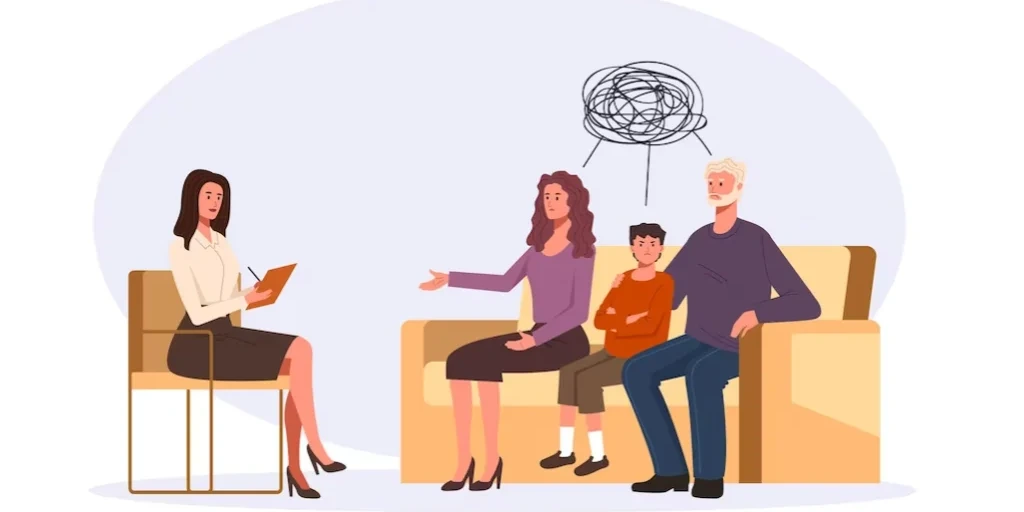24/7 Helpline:
(866) 899-111424/7 Helpline:
(866) 899-1114
Learn more about Eating Disorder Treatment centers in Chino Hills
Eating Disorder Treatment in Other Cities

Other Insurance Options

Highmark

Health Net

Molina Healthcare

Covered California

BlueCross

Optima

Humana

Coventry Health Care

Ceridian

Sutter

Absolute Total Care

Magellan Health

Oxford

Optum

MVP Healthcare

WellCare Health Plans

CareSource

Ambetter

Evernorth

WellPoint

Discovery Mood & Anxiety Program
Discovery Mood & Anxiety Program is a private rehab located in Chino Hills, California. Discovery Mo...





Avery Centre
Avery Centre is a private rehab located in Chino Hills, California. Avery Centre specializes in the ...

Let’s Talk Ministries – Chino Hills
Let’s Talk Ministries – Chino Hills is a public rehab located in Chino Hills, California. Let’s Talk...



